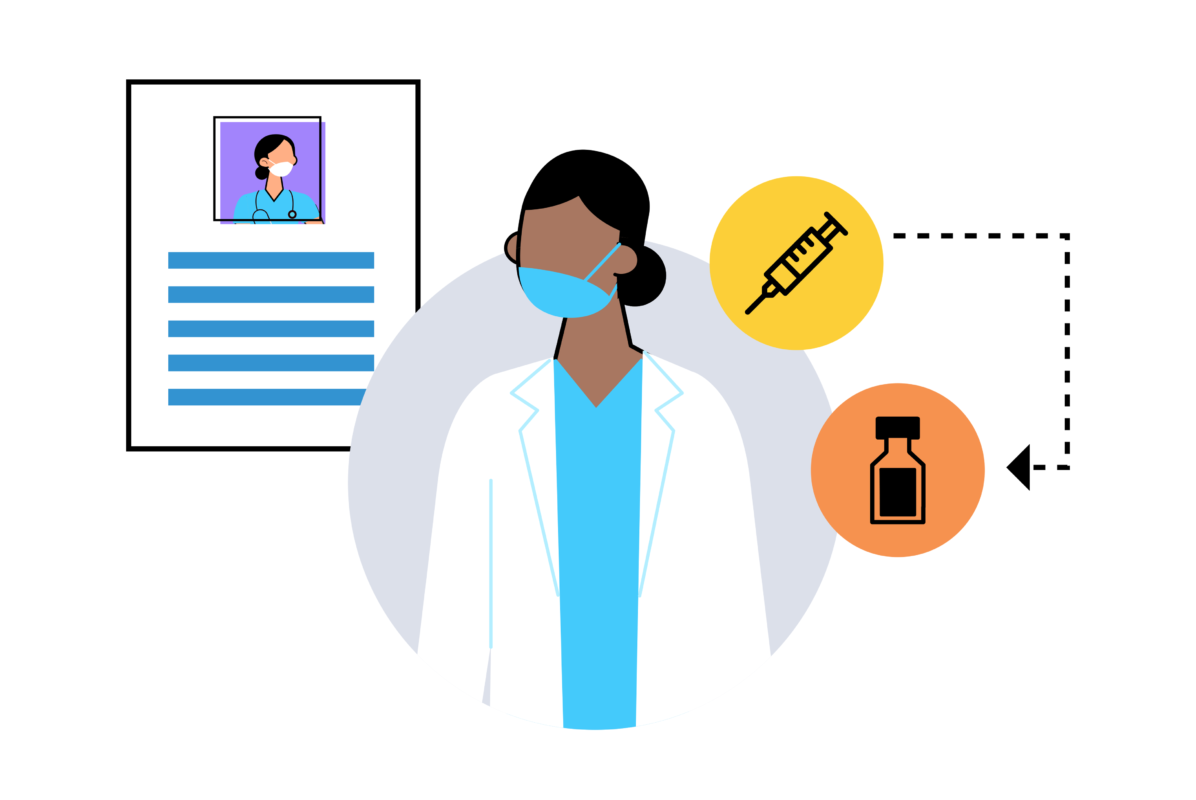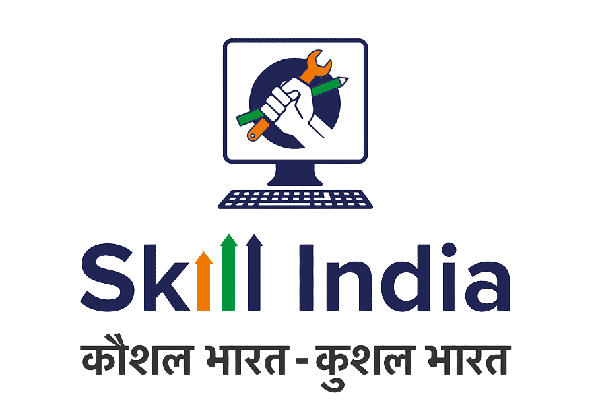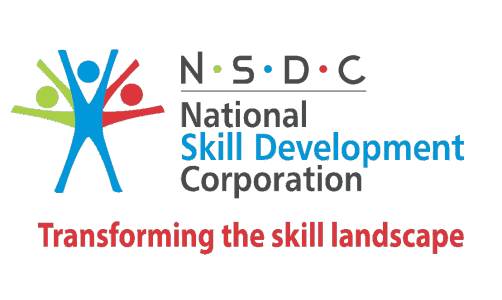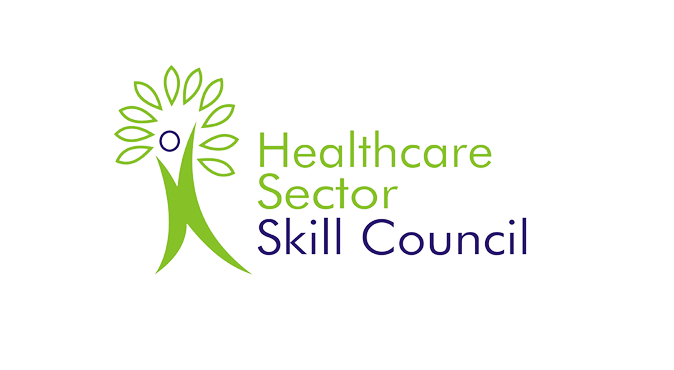How CMS & ED is Bridging the Healthcare Gap in MP and Odisha
“Discover how CMS & ED (Community Medical Services & Essential Drugs) is addressing the healthcare gap in Madhya Pradesh and Odisha by empowering healthcare professionals and enhancing medical accessibility in underserved regions.”
Healthcare in India is marked by stark contrasts between urban and rural areas. While cities boast advanced medical facilities, rural regions often grapple with limited access to even basic healthcare. This disparity is especially evident in states like Madhya Pradesh (MP) and Odisha, where large rural populations face a shortage of medical professionals and infrastructure.
The Community Medical Services & Essential Drugs (CMS & ED) program is emerging as a game-changer in these states, bridging the healthcare gap by training local youth to provide primary medical care in underserved areas.
The Healthcare Challenges in MP and Odisha
Madhya Pradesh:-
- Large Rural Population: Over 70% of MP’s population resides in villages, many of which are located far from hospitals.
- Shortage of Doctors: With one doctor per 10,000 people in rural areas, the healthcare system struggles to meet demand.
- Prevalence of Preventable Diseases: Malaria, diarrhea, and malnutrition are common due to lack of awareness and timely care.
Odisha:-
- Geographical Barriers: Remote tribal areas in Odisha often lack connectivity, making healthcare inaccessible.
- High Maternal and Infant Mortality Rates: Limited prenatal care and awareness contribute to these statistics.
- Economic Constraints: Poverty restricts access to private healthcare facilities, leaving many without treatment.
CMS & ED: A Lifeline for Rural Healthcare
The CMS & ED program is designed to address these challenges by equipping individuals with the skills and knowledge to serve as community healthcare providers in their own regions.
What the CMS & ED Program Offers :-
- Basic Medical Training: Diagnosis and treatment of common illnesses.
- Knowledge of Essential Drugs: Safe administration of life-saving medications.
- First Aid and Emergency Care: Handling minor injuries and stabilizing patients in emergencies.
- Preventive Healthcare Practices: Promoting hygiene, sanitation, and disease prevention.
Graduates of the program are empowered to serve as the first point of contact for healthcare in rural and tribal areas, effectively reducing the burden on government hospitals and urban healthcare systems.
Impact of CMS & ED in MP and Odisha
- Improving Accessibility:-CMS & ED-trained healthcare providers bring essential medical services closer to rural communities, ensuring timely treatment for common ailments.
- Promoting Affordable Healthcare:-These providers offer low-cost medical care, making healthcare accessible to economically weaker sections of society.
- Enhancing Health Awareness:-By conducting awareness campaigns on hygiene, vaccination, and nutrition, CMS & ED professionals help reduce the prevalence of preventable diseases.
- Supporting Maternal and Child Health:-In regions with high maternal and infant mortality rates, CMS & ED graduates provide crucial antenatal care, safe deliveries, and postnatal support.
- Reducing Dependency on Urban Hospitals:-By managing primary healthcare locally, the program eases the strain on overburdened urban healthcare facilities.


Success Stories
- Tribal Outreach in Odisha:- In the tribal belts of Koraput and Rayagada, CMS & ED graduates have set up mobile clinics, providing life-saving care to communities that previously had no access to healthcare.
- Maternal Care in MP:-In villages near Satna and Rewa, trained healthcare providers have significantly reduced maternal and infant mortality by ensuring timely prenatal check-ups and safe delivery practices.
- Emergency Response in Remote Villages:-CMS & ED professionals in both states have saved lives by providing immediate care for snake bites, accidents, and other emergencies before patients could reach distant hospitals.
Why CMS & ED Works in MP and Odisha
The success of CMS & ED in these states lies in its community-centric approach:
- Local Solutions for Local Problems: Training individuals from the community ensures a deep understanding of the region’s healthcare needs.
- Cost-Effective Healthcare: Low-cost treatments reduce the financial burden on rural families.
- Sustainability: By empowering local youth, the program creates a sustainable model for rural healthcare delivery.
Expanding the Reach of CMS & ED
To maximize its impact in MP and Odisha, the program can focus on:
- Strengthening Training Infrastructure: Establishing more training centers in rural and tribal areas.
- Government Collaboration: Partnering with state governments to recognize CMS & ED graduates as integral parts of the healthcare system.
- Digital Integration: Introducing telemedicine and digital tools to enhance diagnostic and treatment capabilities.
Conclusion
The CMS & ED program is more than just a training initiative—it’s a movement to ensure that no village in MP or Odisha is left behind in the journey toward quality healthcare. By empowering local youth to serve as community healthcare providers, CMS & ED is not only bridging the healthcare gap but also building a healthier, more self-reliant future for rural India.
If you’re passionate about making a difference in your community, join the CMS & ED program today and become a vital part of this healthcare revolution. Together, we can transform lives, one village at a time.




